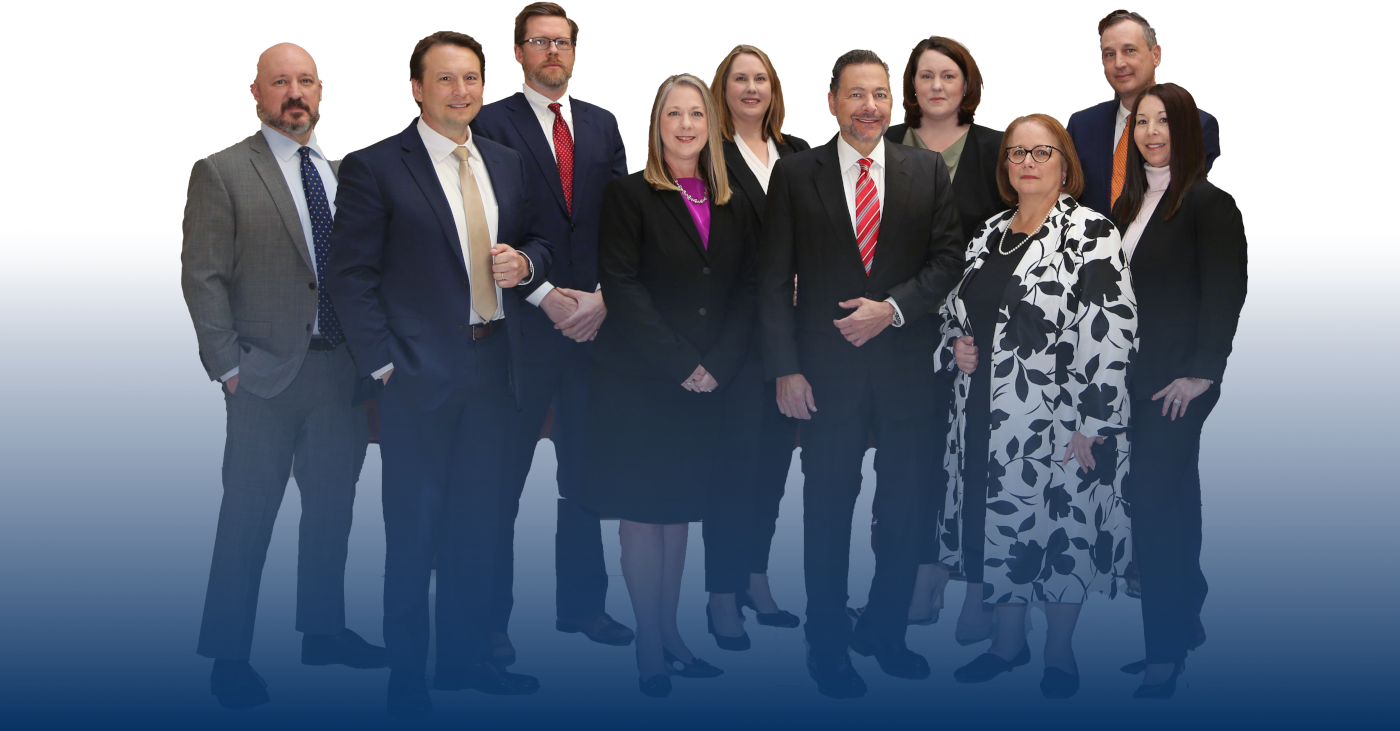The North Carolina Department of Insurance’s Criminal Investigations Division is the nation’s oldest state insurance department fraud unit. The Department of Insurance is responsible for maintaining order throughout various insurance markets and the Criminal Investigations Division is charged with conducting criminal investigations and prosecuting insurance-related crimes.
Insurance fraud is a significant problem in the U.S. According to North Carolina Insurance Commissioner Mike Causey, insurance fraud totals nearly $120 billion each year and subsequently increases insurance premiums for everyone.
If you’re not familiar with North Carolina’s insurance fraud laws, the legal experts at DeMayo Law Offices break it down below and explain how to detect potential fraud or scammers.
What Is Insurance Fraud?
Insurance fraud is when a person knowingly lies about or conceals important facts in connection with an insurance claim or payment. Insurance fraud can be committed by anyone, from scammers to customers to insurance providers.
Fraud is motivated by financial profit. Insurance fraud is considered a low-risk crime with lucrative payouts. Moreover, the penalties for insurance fraud are somewhat mild compared to other criminal offenses; insurance fraud in North Carolina is a felony offense and punishable by jail time and/or fines.
Common insurance fraud schemes include auto insurance fraud or auto repair fraud, fraudulent billing of medical services, fraudulent property claims adjusting or property repair, and workers’ compensation (disability) fraud.
In some cases, it’s cheaper for an insurance company to pay off a scammer than it is to fight the fraudulent claim.
For a free legal consultation, call (877) 333-1000
Why Is Insurance Fraud a Problem in North Carolina?
Insurance fraud is a problem everywhere, but North Carolina has significantly more fraud complaints related to property damage than most other states. This is because North Carolina suffers natural disasters like hurricanes and flooding.
Fraudulent claims adjusting is an issue faced by consumers and typically involves suspicious activities such as:
- Scammers operating as an adjuster without the required license
- Adjusters requesting payment in his or her name
- Contractors who leave estimates open or vague
- A contractor arrives at a property unsolicited and without formal business identification
Some insurance customers are also guilty of reporting false claims. Customers may file multiple claims for the same loss, report stolen property that doesn’t exist or was never stolen, or intentionally cause an accident or fake an injury.
Finally, insurance companies themselves can be held accountable for unethical practices or fraud. Bad faith insurance occurs when an insurance company:
- Refuses to pay a claim that’s included in a customer’s policy
- Delays a customer’s claim processing
- Fails to investigate a claim properly
- Cancels coverage because of a claim
- Refuses to make a reasonable settlement offer
- Threatens the insured
How to Detect and Avoid Insurance Fraud
Insurance fraud is easy to avoid if everyone is honest. Unfortunately, this isn’t always the case, and consumers ultimately pay the price with higher insurance premiums.
The best way to avoid insurance fraud or scammers is to listen to your gut. If something sounds too good to be true, it probably is.
To avoid or detect potential scams:
- Always work with licensed agents, companies, and adjusters
- Ask questions; a reputable agent or company won’t mind explaining complicated claim details to a customer
- Never sign blank applications or claim forms
- Keep good records of all payments and insurance-related services
- Never pay premiums in cash
- If you need help, call the North Carolina Department of Insurance, Consumer Services Division to ask a question or to confirm an agent/company is properly licensed (855-408-1212)
Want more updates that could save you money and keep your family safe?
Follow DeMayo Law Offices on Twitter, or ‘like’ us on Facebook for more great updates.
Call or text (877) 333-1000 or complete a Free Case Evaluation form




